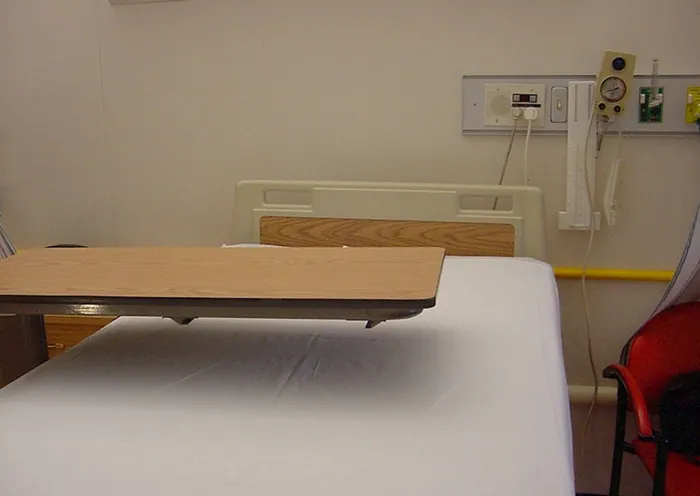Sex workers trapped in HIV nightmare

Harassment by police and humiliation at clinics mean just 5 percent of sex workers are getting health care.
This is according to research by the Sex Worker Education Advocacy Taskforce (Sweat), which says up to 60 percent of sex workers nationwide were HIV-positive and nearly 20 percent of all new infections were related to the industry through clients, partners, abuse and rape, according to its research.
Micky Meji, national co-ordinator of the Africa Sex Worker Alliance, said that adding to the infection rate was harassment by police, who often confiscated condoms from sex workers.
But City of Cape Town director of safety and security Richard Bosman said law enforcement officials didn’t confiscate condoms from sex workers.
Meji, a former sex worker, also claimed some police officers would force sex workers to have sex with them without the use of condoms, or face arrest.
She said a small number of sex workers accepted increased rates for unprotected sex with clients. Meji explained that if they had no clients, the need to feed their children often drove them to unprotected sex.
While the infection rate was high, Meji said the low number of sex workers seeking treatment was due to humiliation at clinics.
This was echoed in a submission by the Sonke Gender Justice Network to the African Regional Dialogue 2011.
The submission included several stories by sex workers about the abuses they faced when arrested, including being denied access to their medication and also ill-treatment at clinics.
A sex worker told the group that in May she went to a Khayelitsha clinic to be tested for a sexually transmitted infection (STI).
“The nurses treated me badly and embarrassed me (by) disclosing my result to everyone. According to my understanding, it is confidential,” said the woman.
This deterred her from seeking help at the clinic again.
Meji alleged that some women who visited clinics for STIs multiple times were refused treatment.
“When faced with questions about sexual history, it’s difficult for them. Some nurses refuse treatment until they bring in their sexual partners,” said Meji.
Department of Health spokeswoman Faiza Steyn said while people were urged to bring their partners to the clinic to be tested and treated, they could not be refused treatment. If there was any refusal of treatment, patients could report them to the Western Cape Health Independent Complaints Commission and the Human Rights Commission.
Sweat has partnered the NGO TB and HIV Care to provide screening programmes in Cape Town and Durban.
[email protected] - Cape Argus